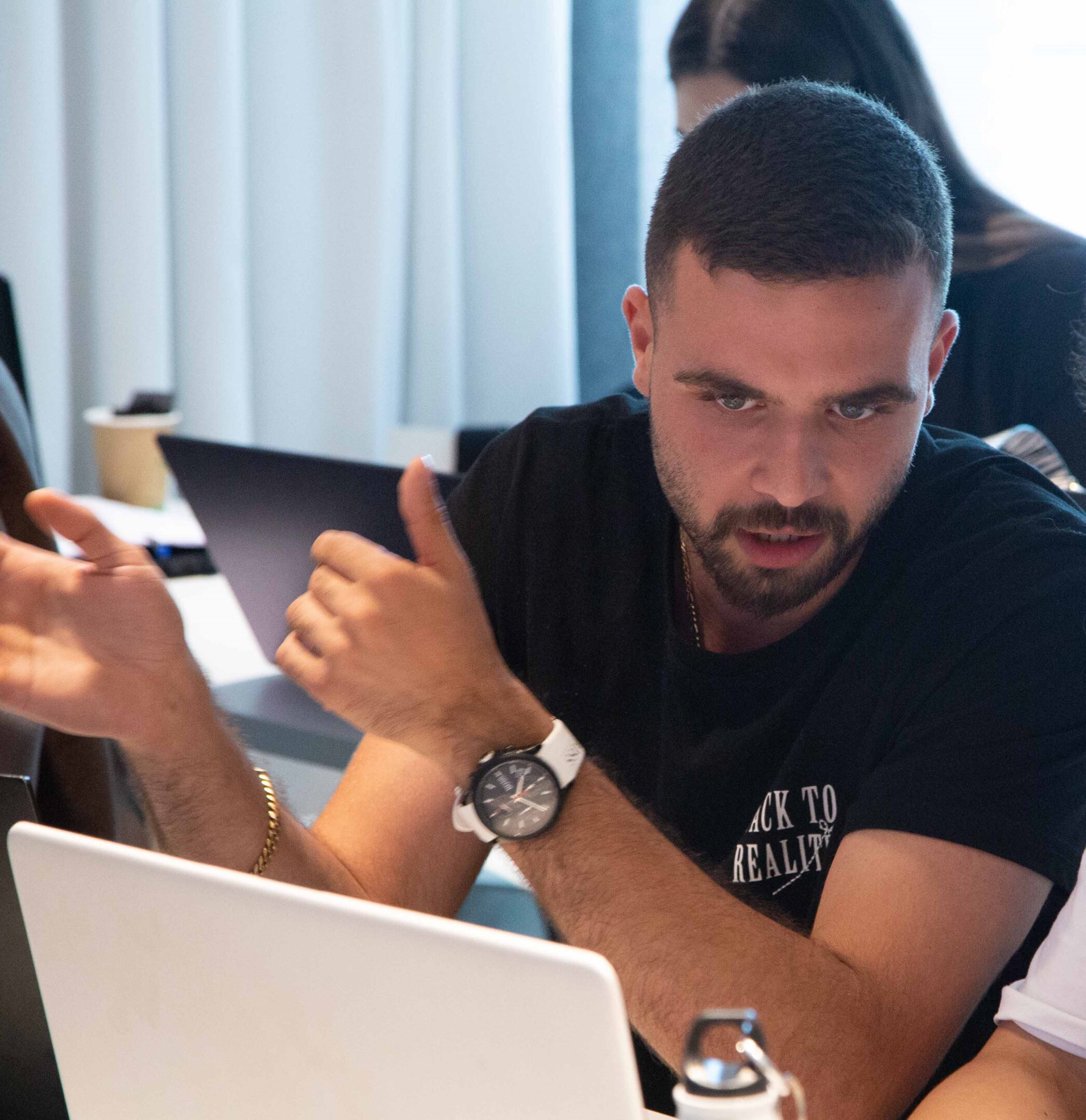Syllabus - Product Management course
Google-Reichman Tech SchoolDates: 23.11.2025 - 15.3.2026 Lessons: Sundays at 16:00-20:00 Practice sessions: Tuesdays 18:00-19:30
Dates: 23.11.2025 - 15.3.2026 Lessons: Sundays at 16:00-20:00 Practice sessions: Tuesdays 18:00-19:30


Product management in tech companies is a fascinating profession that balances passion for technology, empathy for customers, business sense, and neverending drive for success through optimization. AI is an inherent part of the PM role. First, an AI-powered PM leverages AI tools to optimize research, design, and management. Second, an AI PM is fluent in defining how AI APIs or MCPs can be used to add new capabilities to their existing product.
This course is intensive, up-to-date, and comprehensive. It is not a short intro course, it dives deep into core aspects of PM and AI-PM during 4 months. There are two weekly sessions, a 4-hour expert lecture-workshop session and a 1.5 hours hands-on practice session via Zoom. Practice is essential for learning, lecture alone is not enough.
The course is designed for professionals with 3+ years of experience, as PMs or as members of product teams (Dev, Data, Design-UX-UI, QA, CS, Research). We will cover the essential aspects of product management, all with AI integrated into the work processes: the PM role in B2C and B2B, product discovery using qualitative and quantitative research, product metrics both classics and custom, funnel optimization and growth, product strategy and roadmaps, integrating AI features into existing products, leveraging AI in all PM processes, continuous product delivery, management aspects of product teams, and the essential aspects of product operations.








In addition to technical expertise, product managers need key “power skills” such as networking to build industry connections, strong communication to convey product vision, and the ability to transition into new roles within a company. Effective job search skills, including crafting a strong resume and preparing for interviews, are also essential for career growth. These soft skills are critical for standing out in the product management field.
Throughout the course, students will have a 1.5 hours hands-on practice session every Tuesday at 18:00-19:30, by Itamar Gilon, Senior Product Manager at HiBob. Practice sessions include training with relevant tools from Mixpanel to Figma to Lovable/Base44, working on assignments